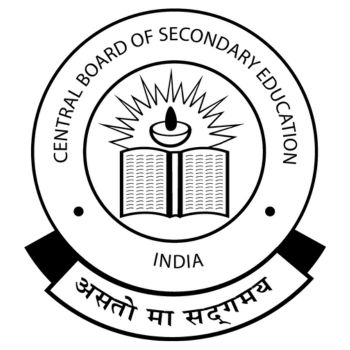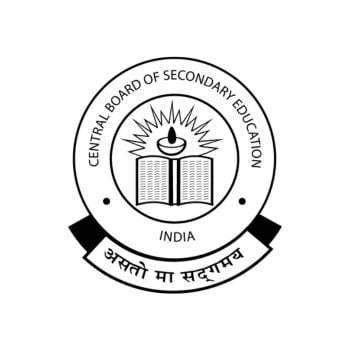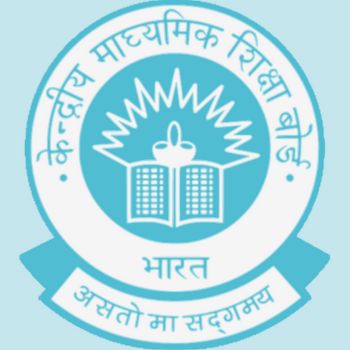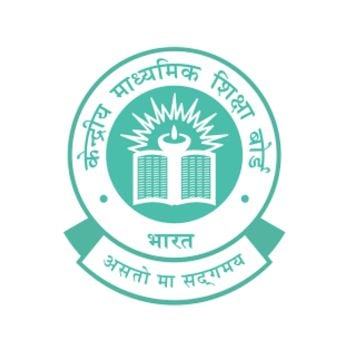Read this article and gauge the recent updates pertaining to CBSE Class 9 English Syllabus 2025-26 (English Language and Literature).
Table of Contents

CBSE Class 9 English Syllabus 2025-26
The Central Board of Secondary Education (CBSE) has released the Class 9 English syllabus for the academic year 2025-26. This syllabus is designed to enhance students’ language skills, including reading, writing, grammar, and literature. It also aims to improve students’ analytical, comprehension, and creative writing abilities. Here’s a comprehensive breakdown of the CBSE Class 9 English syllabus to help students and educators plan effectively.
Syllabus Breakdown
The English curriculum helps improve students’ reading, writing, speaking, and listening skills. By following the right syllabus for Class 9 CBSE 2025-26 English, students will be introduced to important chapters of grammar, various writing and reading sections, etc. The English theory syllabus is divided into three broad sections:
| Section | Competencies | Marks |
| Section A: Reading Skills | Conceptual understanding, decoding, analyzing, inferring, interpreting, and vocabulary | 20 |
| Section B: Writing Skills with Grammar | Creative expression of an opinion, reasoning, justifying, illustrating, appropriacy of style and tone, using appropriate format and fluency. Applying conventions, using integrated structures with accuracy and fluency | 20 |
| Section C: Language through Literature | Recalling, reasoning, appreciating, applying literary conventions illustrating and justifying, etc. Extract relevant information, identify the central theme and sub-theme, understand the writer’s message, and write fluently | 40 |
| Total | 80 |
The internal assessment carries 20 marks, making the total 100 marks for the subject.
Section A: Reading Skills (20 Marks)
This section evaluates students’ ability to comprehend and analyze passages. The questions assess factual, inferential, and evaluative understanding. It includes:
- Unseen Passages:
- One discursive/factual passage (300-350 words) with multiple-choice, very short-answer, and short-answer questions.
- One case-based passage (200-250 words) with factual and interpretative questions.
- Questions will assess vocabulary, inference, and analysis.
How to Prepare?
- Read newspapers and articles daily to improve comprehension skills.
- Practice solving previous years’ unseen passages.
- Focus on synonyms, antonyms, and context-based vocabulary questions.
Section B: Writing and Grammar (20 Marks)
This section assesses students’ writing proficiency, creativity, and grammatical accuracy.
Writing Skills:
- Descriptive Paragraph (Person, Place, or Event) – 100-120 words
- Story Writing (based on given cues, pictures, or outlines) – 150-200 words
Grammar Topics:
- Tenses (Past, Present, Future and their subtypes)
- Subject-Verb Agreement
- Modals (can, could, may, might, shall, should, must, ought to, etc.)
- Determiners (articles, quantifiers, possessives, etc.)
- Reported Speech: Statements Questions, Commands and Requests
How to Prepare?
- Practice writing essays and stories regularly to improve writing fluency.
- Solve grammar worksheets and exercises to strengthen language rules.
- Work on structuring your writing logically with correct punctuation and grammar.
Section C: Literature (40 Marks)
This section focuses on literary appreciation, comprehension, and textual analysis from the prescribed NCERT textbooks.
Beehive (Main Textbook)
Prose:
- The Fun They Had
- The Sound of Music
- The Little Girl
- A Truly Beautiful Mind
- The Snake and the Mirror
- My Childhood
- Packing
- Reach for the Top
- The Bond of Love
- Kathmandu
- If I Were You
Poetry:
- The Road Not Taken
- Wind
- Rain on the Roof
- The Lake Isle of Innisfree
- A Legend of the Northland
- No Men Are Foreign
- The Duck and the Kangaroo
- On Killing a Tree
- The Snake Trying
- A Slumber Did My Spirit Seal
Moments (Supplementary Reader)
- The Lost Child
- The Adventures of Toto
- Iswaran the Storyteller
- In the Kingdom of Fools
- The Happy Prince
- Weathering the Storm in Ersama
- The Last Leaf
- A House Is Not a Home
- The Beggar
How to Prepare?
- Read the lessons carefully and make summary notes.
- Practice answering long and short-answer questions based on themes, character sketches, and messages from the texts.
- Memorize important poetic lines, their meaning, and literary devices used.
Question Paper Structure
| Section | Details | Marks |
|---|---|---|
| Section A: Reading Skills | Reading Comprehension through Unseen Passage | 20 |
| Discursive passage (400-450 words) | 10 | |
| Case-based factual passage (200-250 words) with visual input | 10 | |
| Section B: Writing Skills and Grammar | Grammar (Determiners, Tenses, Modals, Subject-verb concord, Reported speech) | 10 |
| Descriptive Paragraph (100-120 words) – One out of two | 5 | |
| Story Writing/Diary Entry (100-120 words) – One out of two | 5 | |
| Section C: Language through Literature | Reference to the Context (Drama/Prose & Poetry Extracts) | 10 |
| Four out of Five Short Answer Questions from BEEHIVE (40-50 words each) | 12 | |
| Two out of Three Short Answer Questions from MOMENTS (40-50 words each) | 6 | |
| One out of Two Long Answer Questions from BEEHIVE (100-120 words) | 6 | |
| One out of Two Long Answer Questions from MOMENTS (100-120 words) | 6 |
Internal Assessment (20 Marks)
- Periodic Tests (10 Marks) – Three tests conducted throughout the year; the best two scores are considered.
- Notebook Submission (5 Marks) – Assessment of regularity, neatness, and quality of work.
- Subject Enrichment Activities (5 Marks) – Listening and speaking skills, classroom interactions, recitation, debates, etc.
How to Prepare for CBSE Class 9 English?
- Practice Reading Comprehension:
- Read editorial articles and passages regularly.
- Answer inferential and evaluative questions based on reading materials.
- Enhance Writing Skills:
- Write paragraphs and essays on different topics.
- Practice organizing ideas logically and maintaining coherence.
- Master Grammar:
- Revise grammar rules and complete worksheets.
- Focus on common errors in sentence construction and subject-verb agreement.
- Understand Literature Thoroughly:
- Read and analyze each chapter and poem carefully.
- Write character sketches, themes, and main ideas for each lesson.
- Solve Previous Years’ Papers & Sample Papers:
- This will help in understanding the exam pattern and managing time effectively.
You can also download the CBSE Class 9 English Language and Literature Syllabus for the 2025-26 session from the following link: CBSE Class 9 English Language and Literature 2025-26
Read CBSE Class 9 Syllabus 2025-26 for details regarding other subjects.










